Are you trying to decide on your next pet? If you have narrowed down your choices to two - rabbit and guinea pig - you are at the right place! There are a lot to consider, but we will tell you everything that you need to know here.
If you are like me and just want to see the infographic, feel free to scroll down and check out the infographic.
Size and Personality
Guinea Pigs
Most guinea pigs are typically similarly sized but have different variations of colors. To check out different breeds of guinea pigs, please check out this blog. Male guinea pigs are slightly larger than female guinea pigs, and typically weigh 2 lbs or so.
Most guinea pigs are shy at first, but once you get to know them, every one of them will start showing distinctive characteristics. You will clearly be able to catch their unique personality, positive and negative.
Generally, guinea pigs are gentle creatures who are cute, interesting and lovable. Once you spend enough time and are consistent, you can even teach them simple tricks!
If you would like to see the different types of gestures guinea pigs make, please check out this blog.
Rabbits
Rabbits come in a variety of sizes and colors - Netherland Dwarf, the smallest of the domestic rabbits can weigh as little as 2.5lbs, and Flemish Giant Rabbits, the largest rabbit species can weigh over 13 pounds!
Depending on the age, personality and previous living environment, rabbits can be shy or more outgoing. Just like guinea pigs or even more so, you may need to invest time into figuring out their personality.
Just like guinea pigs, with enough patience, you can definitely train your bunnies to do tricks as well!

When it comes to diet, guinea pigs and rabbits are very similar. You will need to provide both rabbits and guinea pigs with a 24/7 supply of hay (Timothy or Orchard), some pellets, clean water, and daily veggies. When it comes to pellets, you must be sure to get the pellet specific to the animal (i.e. guinea pig food vs rabbit food).
When it comes to hay, please be sure to get hay that has been ultra-filtered and clean because guinea pigs and rabbits both have weak respiratory systems.


Space
Guinea Pigs
According to the Humane Society, the minimum space required for guinea pigs (one to two) is 7.5 square feet. We recommend giving them bigger space (at least 10.5 square feet), but guinea pigs typically require less space than rabbits.
The type of bedding that you use for the guinea pigs is also very important. We recommend you to check out this blog that shows different types of bedding used for guinea pigs.
The healthiest combination of cage and bedding for guinea pigs is Offbeat Club 2x4 C&C cage and GuineaDad Premium Liner.
It is a good practice to give them daily “floor time” for 30 minutes to roam around a bigger space and try to bond with them.
You can check out here to see all the tips on bonding with your guinea pigs.
Rabbits
Since rabbits are much easier to litter-train than guinea pigs, many rabbit owners allow rabbits to roam freely in their house. The Humane Society recommends that you designate at least one room that has been thoroughly rabbit-proofed to use as a space for a rabbit.
Just like any other animals, rabbits do better in bigger spaces and more freedom. Just be sure to rabbit proof everything - molding, electric cords, and some furniture.

While well-cared guinea pigs live 4 to 8 years, rabbits live 8 to 10 years.

Vocalization & Behavior
Both are prey animals and are extremely good at hiding signs of illness. They both need regular health checkups and daily observation to catch the most subtle signs of health issues. We recommend that all rabbit or guinea pig parents spend enough time daily to be able to catch these signs.
Guinea Pigs
Although gentle in nature, guinea pigs can sometimes be noisy, especially when you come back home from work, open a fridge door, or run out of food. They are good at vocalizing when needed. You can go to this page to see what kind of sounds and gestures guinea pigs make!
Guinea pigs are awake and take short naps throughout the day, so whether you are home day or night, you can always hangout with them.
Rabbits
Rabbits tend to be quieter than guinea pigs in general. They usually prefer body language instead of vocalizations, but these are definitely some sounds you will hear frequently.
- Clucking: sounds like a chicken and they do it while eating something they really enjoy
- Purring: this is very different to guinea pigs as soft teeth grinding is a rabbit’s way of purring. They tend to make this sound when they feel content or relaxed either with their owner or by themselves.
- Oinking: this sound is very similar to that of a pig but is also done when they are content, can be switched for purring or when they are excited for playtime!
- Whimpering: this low squeaking sound can be heard when they are experiencing discomfort or feel unsafe. This can happen at the beginning of ownership, as they might not be used to being handled yet.
- Grunting: this is the sound rabbits make when they are annoyed and want to be left alone. They might also be trying to protect a space around them or from another rabbit or animal.
Although it is possible to hangout with your rabbits any time of the day, they are more active at dawn and dusk.
Shedding & Grooming
A lot of prospective pet owners ask do guinea pigs or rabbits shed a lot of hair? Both rabbits and guinea pigs can shed a lot. That being said, guinea pigs are an easier choice when it comes to pet hairs because typically guinea pigs live in the cage for most of the time and hairs can be contained.
Guinea pigs and rabbits both clean themselves pretty well. Unless you have a long hair guinea pig, you will not be brushing your guinea pig's hair. However, you will need to brush your rabbits weekly or daily depending on the hair especially during their seasonal shedding cycles.
Both guinea pigs and rabbits typically do not need to be bathed.

When it comes to smell, both guinea pigs and rabbits do not have body odor. The smell mostly comes from their feces. As long as you are diligent about cleaning their cage or litter box daily, smell is rather manageable.
All in all, guinea pigs and rabbits are both good choices for future pet parents who want something different from dogs and cats. They are both great companions who will show distinctive personality traits.
Just a couple more things! Just like other animals, many rescue centers also have guinea pigs and rabbits who were surrendered or rescued. So you might also want to check out the rescues in your area.
Once you do decide to get guinea pigs or rabbits, please also look for a reputable exotic vet near you - many dog and cat vets will not see guinea pigs or rabbits.

If you liked this article, click the links below to find out more about :
Difference Between Guinea Pig and Hamster
The Best Bedding for Guinea Pigs (2022 Update!)
Different Types of Guinea Pig Cages










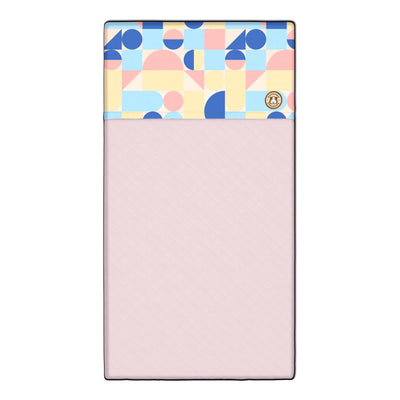
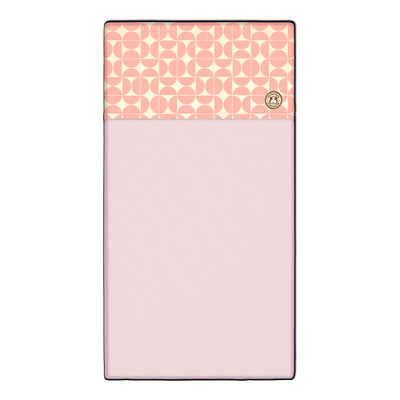
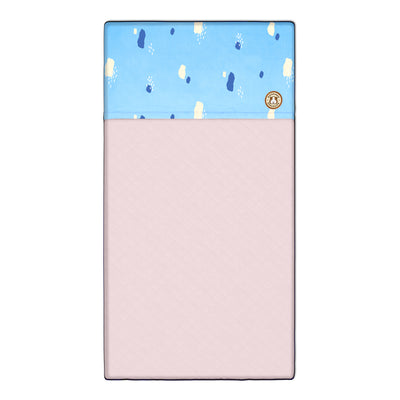
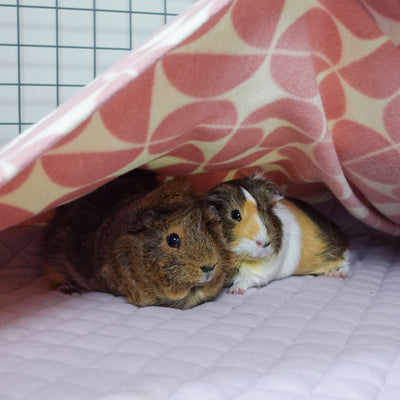
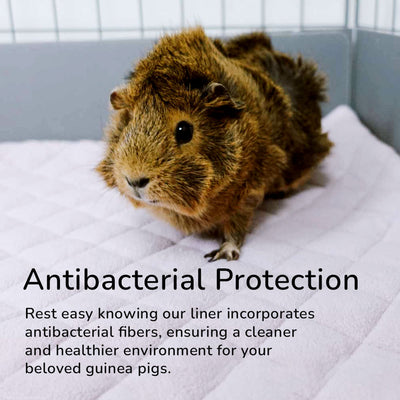




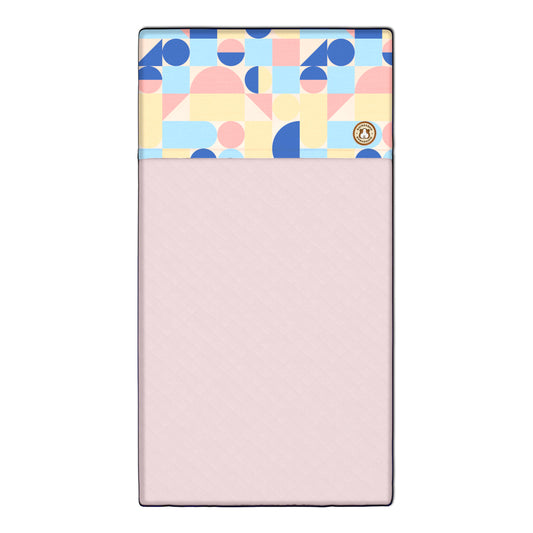



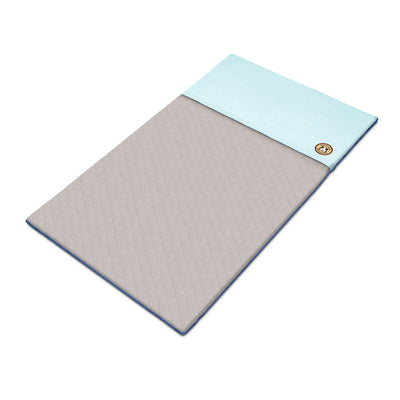
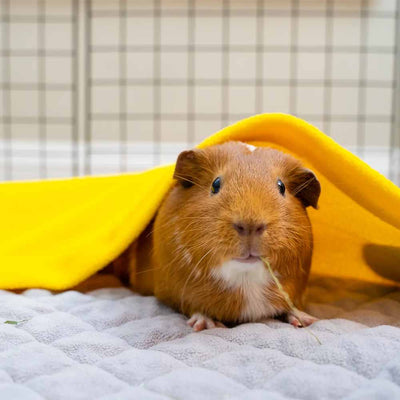
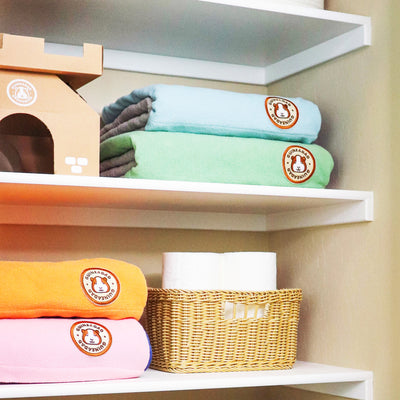
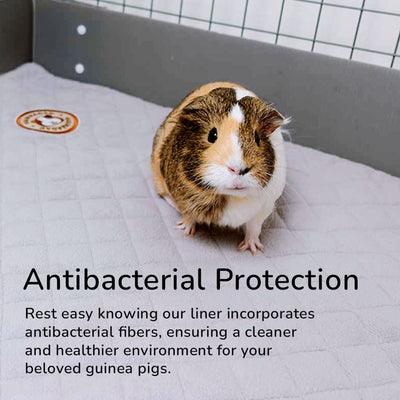


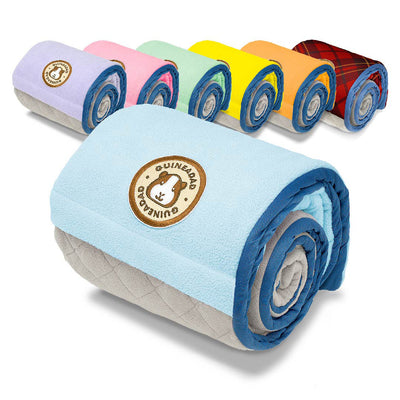


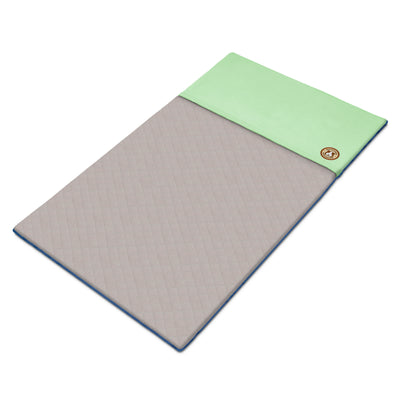
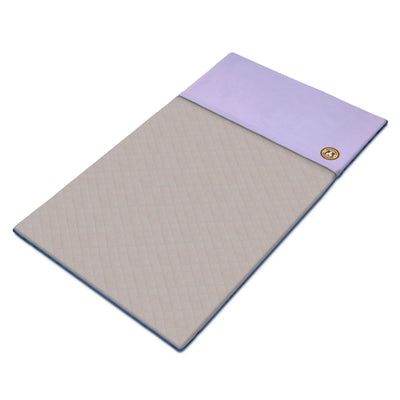
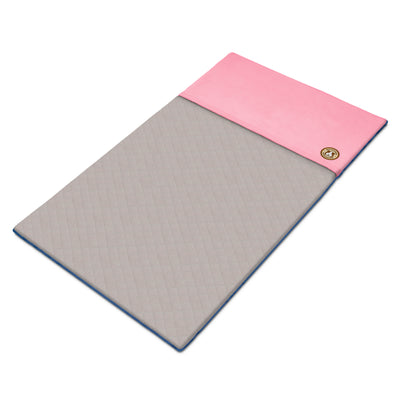
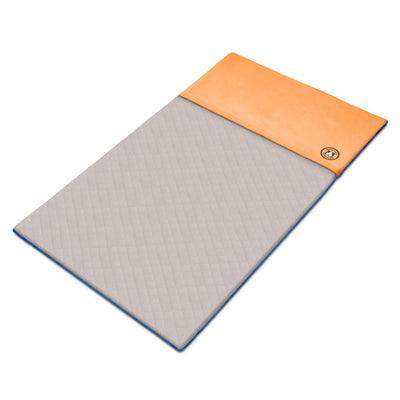
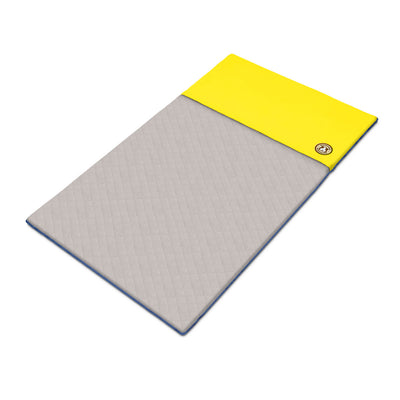
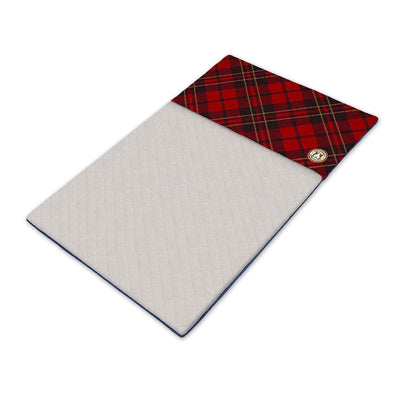
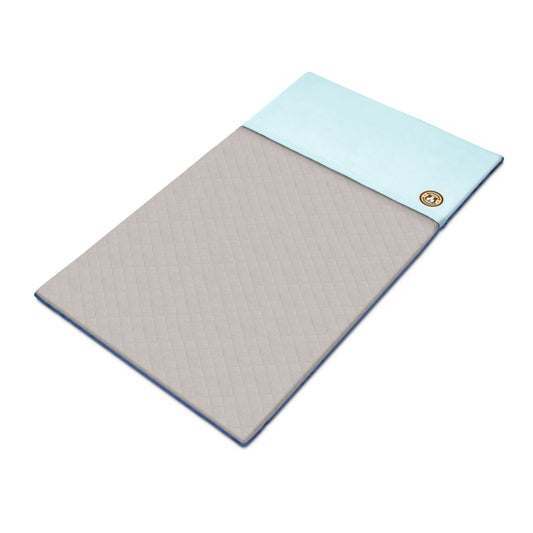







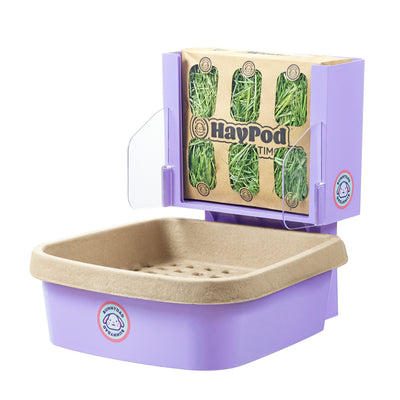
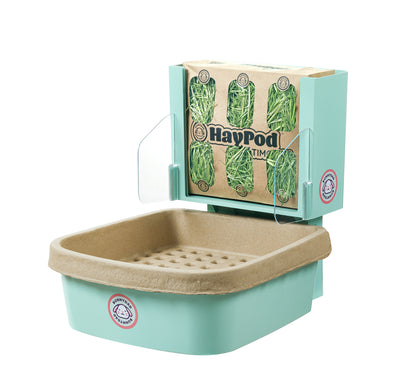
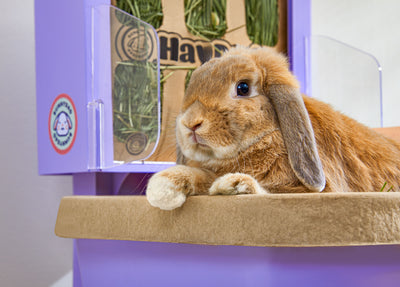
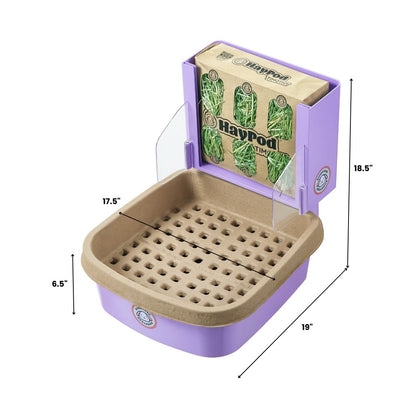
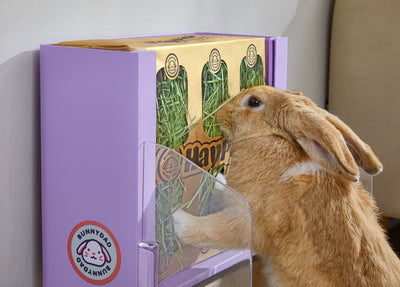
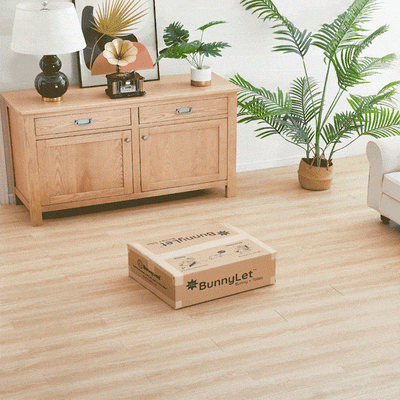
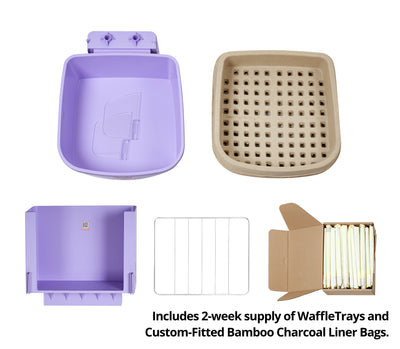
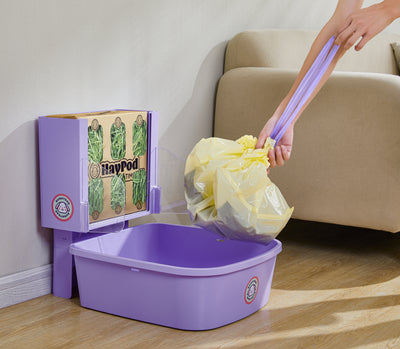
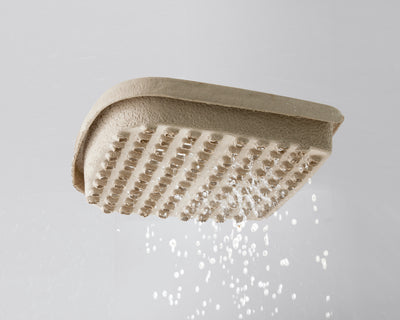
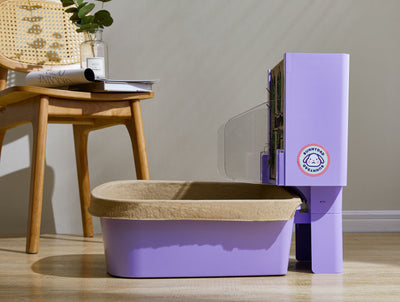
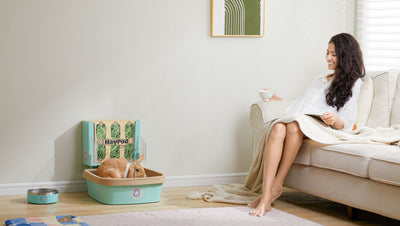
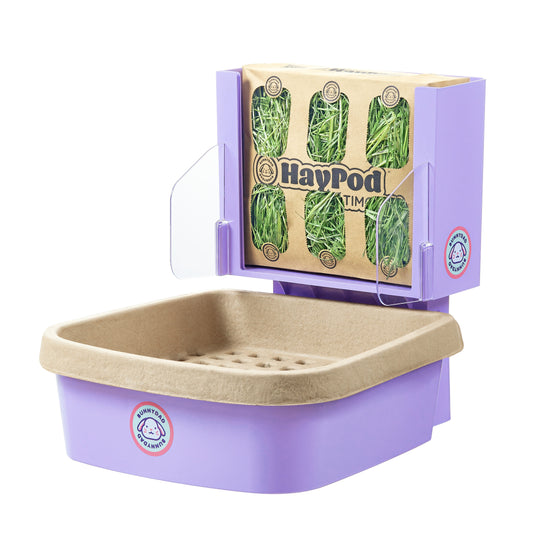


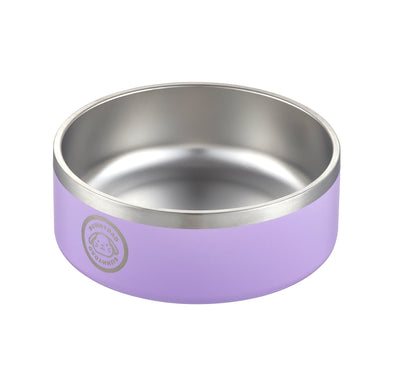
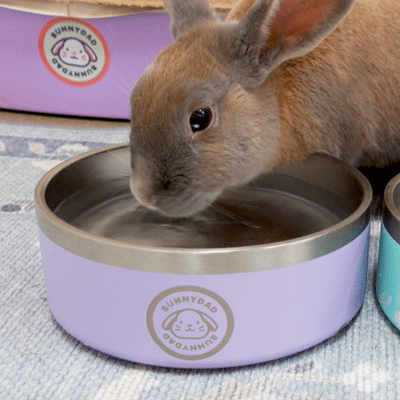
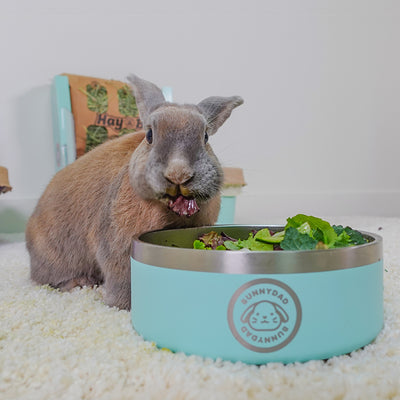
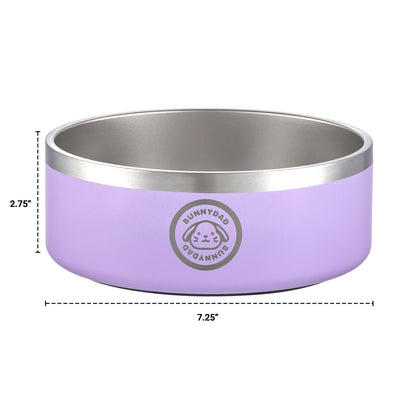
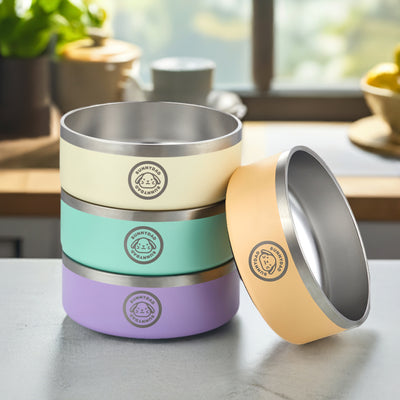
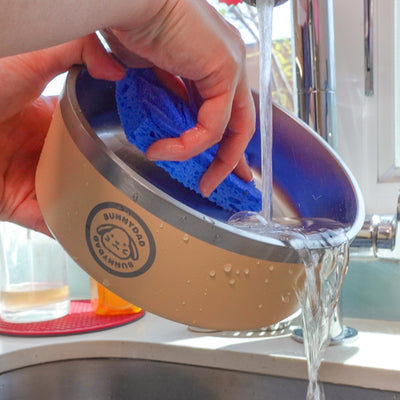
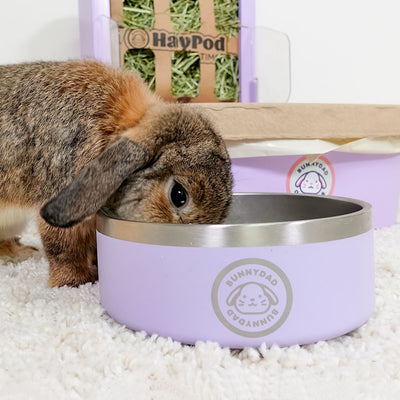
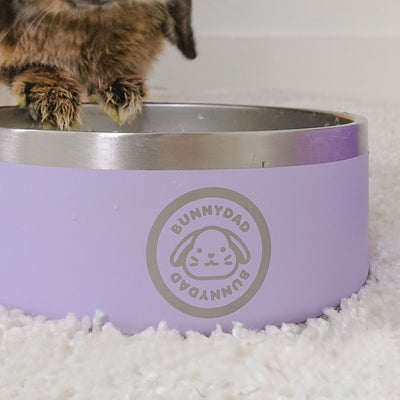
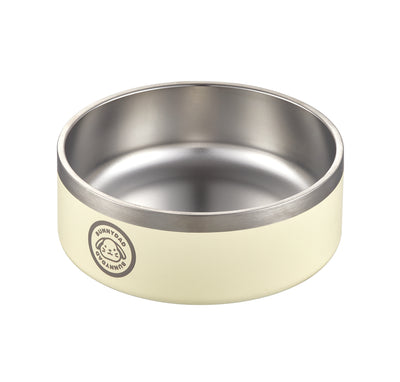
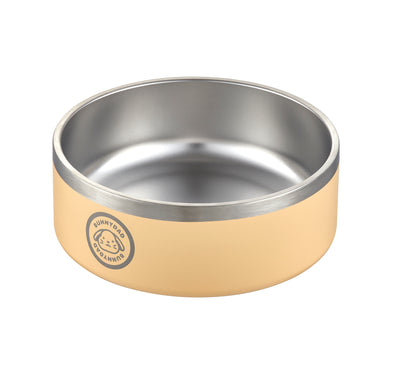
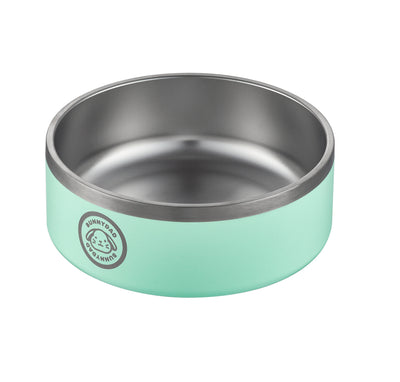
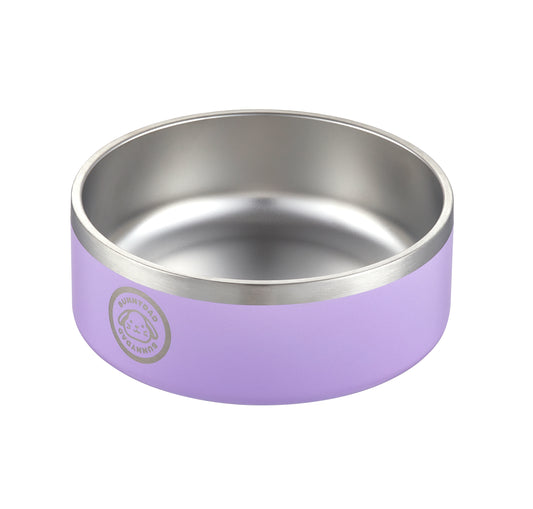




1 comment
This was really helpful I have had guinea pigs before and only knew half of this